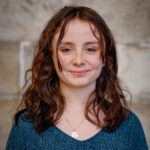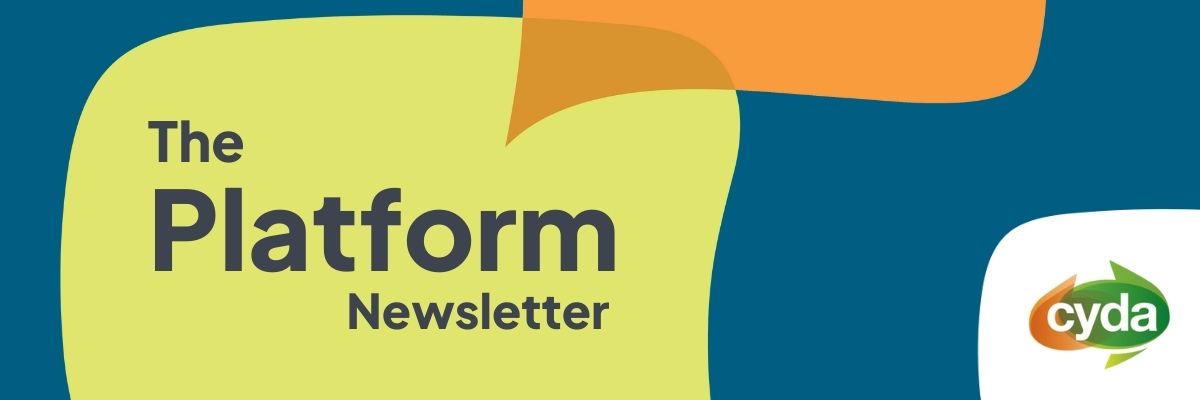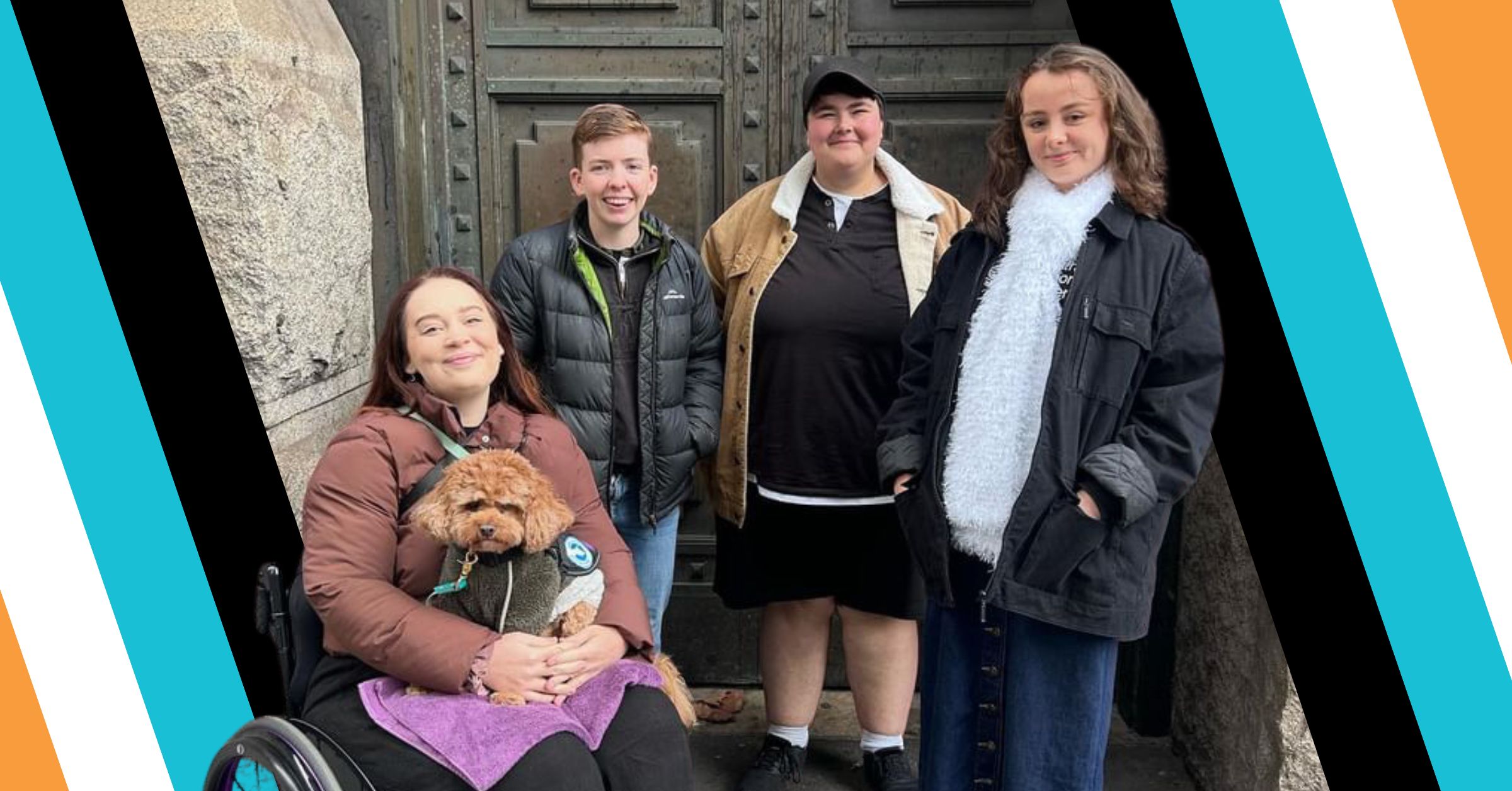Reimagining 'what if'
Youth Councillor Caitlin Blanch on what CYDA’s National Youth Disability Summit taught her about the power of solidarity and asking the right questions.
Headphones on, hands jittering, and feeling both oddly comforted and uncertain, I headed to CYDA’s National Youth Disability Summit. I was anxious at the thought of meeting new people, those pesky ‘what ifs’ once again rearing their heads. What if I say something weird? What if I don’t say anything at all? More often than not, the bad potentials dominate how I feel, and I forget to consider the wonderful ‘what ifs’.
In reality: the National Youth Disability Summit truly changed the way I want to navigate the world. Usually, my ‘what ifs’ come from a lack of confidence – in myself, in others, and in new environments. As a person with disability, there is a level of constant trust that we must have in society. For example, if there are lots of stairs, I must trust that there will be an elevator and that it will be working. I must trust that others will try to understand, accommodate, and be adaptable. And lastly, I must trust myself, that if something does not work out, I will find a new way.
I often don’t recognise the fatigue, disappointment, and lack of confidence at the root of my ‘what ifs’. It’s a deeply personal, but universal experience.
The Summit restored a lot of my confidence. Embedded into the themes of the two-day hybrid event was a restoration of connection, empowerment, and solidarity. It was refreshing to be in a space where my access needs were met, not with a sense of resistance or reluctance, or with my being put in the ‘too hard basket’, but in a way that normalised people existing comfortably.
From this immediate sense of understanding, the ‘what ifs’ I’d entered the venue with changed. Meeting with everyday activists who understood my experience motivated me to reconsider everything about my ‘what ifs’. The conversations we shared of collective frustration, disillusionment, and excitement, allowed me to go beyond imagining what could happen to what should happen.
I don’t want to sound cliché, but the power that young people with disability harnessed in that hybrid room was like nothing I have experienced. Our voices weren’t marginalised, we were the majority. It didn’t feel like an isolated battle or struggle against a system that wasn’t designed for us because the event was designed for us, by us.
What if we did embody ‘nothing about us, without us’? What if I find a sense of solidarity and empowerment deeper than anything I could imagine? What happens then?
It was a safe space to be young and disabled and liberated beyond belief. Walking through the CBD of Melbourne in a group of young people with disability – firstly, how ****ing cool, and secondly, I felt like the world was ours.
That sense of ownership, pride and confidence is fundamental to my identity as a person with disability, and I am so grateful to have found this in the Summit. I started to realise how my pride in having disability had waned. The exhaustion from justifying, ‘disclosing’, and fighting, takes its toll. The Summit was my respite.
I don’t want to buy into inspiration p*rn rhetoric’s either. It’s the system, not us. When the elevator doesn’t work, when the accessible entrance is behind the building, when I can’t take breaks or use my wheelchair without justification, or when you don’t understand how nuanced accessibility is – from the ways in which we communicate, to the narrowness of hall ways and the heaviness of doors – you tell us we’re not welcome. When we can’t wear our headphones or yawn at the risk of your offence, that’s your burden. But even I didn’t see it like this. My ‘what ifs’ allowed me to be nervous about your errors and made me compensate for your ignorance with my lack of confidence.
There isn’t a ‘highlights reel’ or a single memory that can summarise my Summit experience. Even to say that the connections and conversations were my favourite part, doesn’t encapsulate the perspective-altering experience I had.
I feel like I have a deeper understanding of myself, of others, and of their systems. There is a distinct power in solidarity and understanding. What if I hold onto this feeling for the rest of my life? Can you imagine how powerful we would be?
This article is an extract from CYDA’s The Platform Newsletter. Receive monthly updates by subscribing below.

About the author:
Caitlin (she/her) is part of the class of 2023, completing her HSC in NSW. Caitlin is passionate about challenging the stereotypes of disability and empowering youth to lead with self-agency and confidence. She is interested in policy/law and advocating for an inclusive and accommodating Australia. Caitlin enjoys reading, binge-watching tv series, spending time with her chickens and sheep, and a good chai tea!

The Platform is our newsletter for young people with disability, featuring interviews, opportunities and news on the issues that matter to you!


